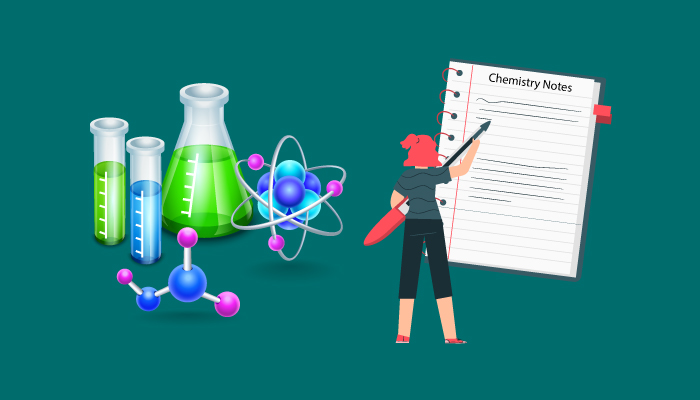If you are struggling to prepare for your CBSE Class 11 Chemistry exam, you can get a copy of the notes on the internet. These notes are extremely useful for revision and last minute revision before the final exam. These notes also help you learn the important points in the shortest possible time.
Chapter 6 notes
If you’re looking to improve your grade in CBSE Class 11 Chemistry, you’ll need to know where to find the Chapter 6 notes. These notes are designed to help you revise the topics that you’ve been struggling with. They are written in an easy-to-read format that will help you understand the material in a concise manner. The revision notes will also allow you to study more easily, since they’re written by teachers with close to fifteen years’ experience. In addition, they are prepared using the latest subject material and examination papers, which means they are always up-to-date.
Luckily, NCERT Solutions for Class 11 Chemistry Chapter 6 are available as a PDF download. This helps you learn the concepts better and practice problem-solving. The notes also include end-of-chapter exercises, which will help you prepare for the evaluation.
Chapter 9 notes
If you’re studying CBSE Class 11 Chemistry, it can be difficult to find the Chapter 9 notes you need. Fortunately, there are some excellent methods to get the information you need. You can even use the internet to find revision notes. There are several websites that provide notes for every chapter in your CBSE class 11 chemistry textbook.
For example, NCERT’s Class 11 Chemistry Chapter 9 Hydrogen Notes are a great way to study the material. These notes include images, explanations, and questions. These notes will help you study and ace your exams with ease. These notes will also ease your anxiety before the exams.
NCERT Class 11 notes are written in a manner that makes them easier to read. They cover every concept in a concise manner. Many of these notes come with sample exam papers to prepare you for the exam. The chapters are written in clear, easy-to-understand language and follow the CBSE syllabus.
Chapter 10 notes
There are a variety of ways to find CBSE Class 11 Chemistry Chapter 10 notes. Quick revision notes are especially helpful during exam days. They provide a quick overview of a chapter, including key formulas and concepts. It can be time-consuming to read the entire textbook, but quick revision notes can save you time and frustration.
NCERT revision notes are a good resource to help students prepare for their Class 11 chemistry exam. The notes are made by the NCERT and include end-of-chapter exercises to help students get ready for the evaluation. You have only a few attempts to complete all of these exercises, so the revision notes can really help.
Chapter 10 notes cover the physical and chemical properties of the S-block elements. The notes will give students the background they need to do well in their exams. By using these notes, students can get a head start on the material and pass their exams.
Chapter 11 notes
If you’re looking for notes for class eleven chemistry, you’ve come to the right place. CBSE Class 11 Chemistry Notes contain explanations of the basic concepts of thermodynamics. Thermodynamics is the study of the state of chemical equilibrium, the point at which chemical products cease to undergo any further change. This is a fundamental concept in biological processes, as well as in the study of chemistry.
The NCERT Class 11 Chemistry Notes are made keeping in mind the latest CBSE syllabus guidelines. This way, they’re easier to understand and provide the answers to important exam questions. They can help you study more effectively and reduce the stress associated with the exam. Also, NCERT Chemistry Solutions can save you a great deal of time during revision by providing answers to exercise questions.
CBSE Class 11 Chemistry Notes cover important concepts such as chemical bonding, atomic structure, redox reactions, and Van-der Waals force. These notes are based on the latest syllabus and NCERT textbooks. Students should refer to these notes as often as possible before the exams. This will ensure that they understand the concepts and not just memorize them.

